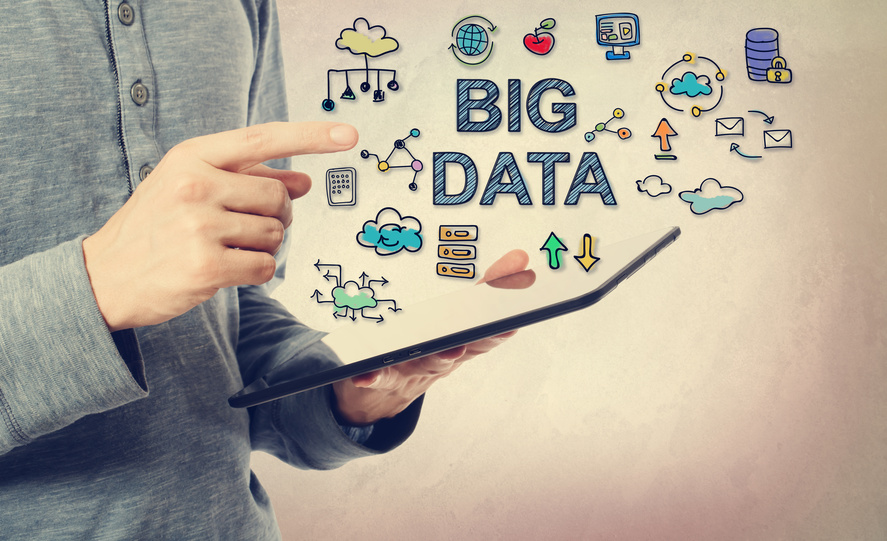Most businesses have a general understanding of what big data is. Yet many of these same companies don’t put that data to good use. This would likely not be the case if they understood the “what,” “where,” “when,” and “how” of big data. When you truly understand data, you’ll see why it’s so integral to long-term success.
Big Data Is a Revenue Generator
For those that are still on the fences, know that studies have validated the role of data in the workplace. It has been shown that companies that factor in data for their marketing initiatives see a 15% to 20% increase in ROI.
Big data is also more user-friendly than ever thanks to the latest business intelligence and predictive analytic software. This makes it more affordable for SMBs, whereas just a decade ago it was only accessible for large enterprises with a full-time in-house IT staff.
Data Is Not About Data
Some companies collect data but don’t ever do anything with it. Data in this day and age is not just about numbers; it’s much more about what you do with it. How are you analyzing the data? Are you even analyzing it at all? How has the analyzation affected the decision-making process? Has it led to better results in the form of higher ROI and CTR?
Data Is Not About Quantity

Big data got its name because current technology allowed companies to collect data by the mass quantity. The digital world is expected to contain 180 trillion gigabytes of data by 2025. Keep in mind that it contained 10 zettabytes in 2015.
Even with the abundance of data, companies should not treat their in-house data as a numbers game. It’s about analyzing the data that’s relevant towards your industry-specific metrics. This includes using a combination of structured and unstructured data for defining key performance indicators.
Always keep this in mind: variety over volume.
Go Beyond In-House Data
Businesses need to understand that data isn’t limited to the information accrued within your company. Third-party vendors sell niche-specific data, which may provide greater insight about how your industry is performing as a whole. Some companies even buy and trade data with competitors. This is especially a good strategy for startups and younger organizations that haven’t really built up their own in-house data yet.
Data Is About People
This is the most important insight: data is about people and not numbers on an excel sheet. This people angle is very crucial to understand because the data yields information about consumer behavior and why they act the way they do.
If data shows that sales are higher among a female demographic, for instance, then you can do the investigating analysis to determine why. Does your marketing use more emotional wording that women tend to be more receptive to? How can you make your sales message more appealing to male consumers?
Don’t treat big data as just a means to an end. Understand how it ties to your consumers and why a variety of data sets help you see the bigger picture when making high-stakes decisions.



